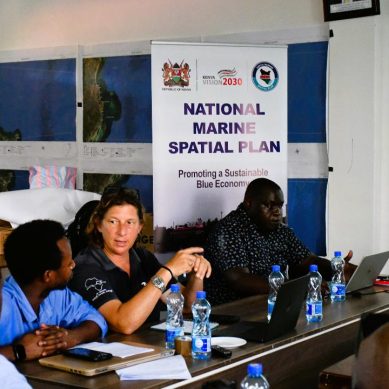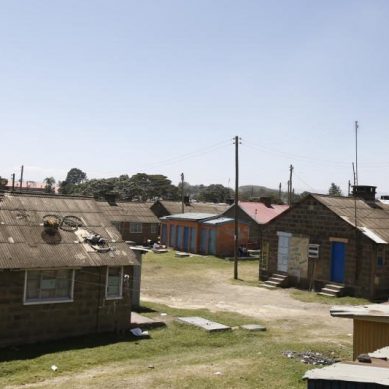
Kenya has been picked to pilot lenacapavir – a next-generation HIV prevention drug – during the 13th International AIDS Society (IAS) Conference on HIV Science continues in Kigali, Rwanda.
The trials come at a critical juncture in global fight against HIV, which has ravaged many parts of Africa and the developing world.
Against the backdrop of growing scientific innovation and tightening global health budgets, Kenya is emerging as a key player in piloting next-generation prevention tools – chief among them, lenacapavir.
On July 14, the World Health Organization (WHO) approved a new HIV prevention drug called lenacapavir. It’s an injection administered twice a year and helps protect people from getting HIV.
The drug works by stopping the virus from multiplying in the body. Unlike daily pills, this new injection is easier to manage – especially for those who move around a lot and may struggle to take medicine every day. It’s also private and helps reduce the stigma some people feel when taking HIV prevention pills.
“This innovation could transform HIV prevention efforts in Kenya. Clinical trials – including those conducted in Africa – have demonstrated near-complete protection when used correctly. A biannual injection overcomes adherence challenges and offers consistent protection for the most vulnerable.” Said Prof Kenneth Ngure, a scientist at Jomo Kenyatta University of Agriculture and Technology (JKUAT) and IAS President Elect.
Kenya has been recognised globally for its leadership in HIV prevention. Since 2016, the country has scaled up access to daily oral PrEP. However, uptake has been hampered by high discontinuation rates, stigma, and challenges in reaching key and underserved populations.
Community leaders are now urging the government to ensure that the rollout of lenacapavir is equitable.
“We now have the tool. What matters is making it accessible – without stigma, without barriers and with clear, consistent education. Lenacapavir must be available through the public health system to reach those who need it most,” said Nelson Otwoma, Executive Director of the Network of People Living with HIV and AIDS in Kenya (NEPHAK).
WHO endorsement follows the recent approval of the drug by the US Food and Drug Administration. WHO Director-General Tedros Adhanom Ghebreyesus described lenacapavir as a “powerful addition to the prevention toolbox” – especially as the world continues to wait for an effective HIV vaccine.
Kenya has been named among nine early-adopter countries selected for the initial rollout of lenacapavir through the support of the Global Fund.
“Kenya’s HIV prevention program is ready for innovation. With WHO’s endorsement and growing political momentum, we are now moving toward regulatory review and development of a national adoption strategy,” said Angella Langat, a director at NSDCC.
The ministry of health, through the National AIDS and STI Control Programme (NASCOP) and the National Syndemic Diseases Control Council (NSDCC), have confirmed that preparations are underway to make the product available to Kenyans by January 2026.
The Kenyan parliamentary delegation attending the IAS 2025 conference led by Dr James Nyikal, Chair of the Departmental Committee on Health, called for legislative support in advancing the sustainability of the gains made in the HIV response.
“We are committed to supporting the HIV domestic financing agenda and oversight expenditure allocated to the response,” Dr Nyikal assured.
Other delegates from the National Assembly include MPs Patrick Ntwiga Munene, Martin Peters Owino, Mary Maingi and Martin Pepela.
As conversation continues at IAS 2025, Lenacapavir signals the promise of renewed progress where science, policy and community leadership align to reduce new infections and move closer to ending HIV as a public health threat by 2030.






